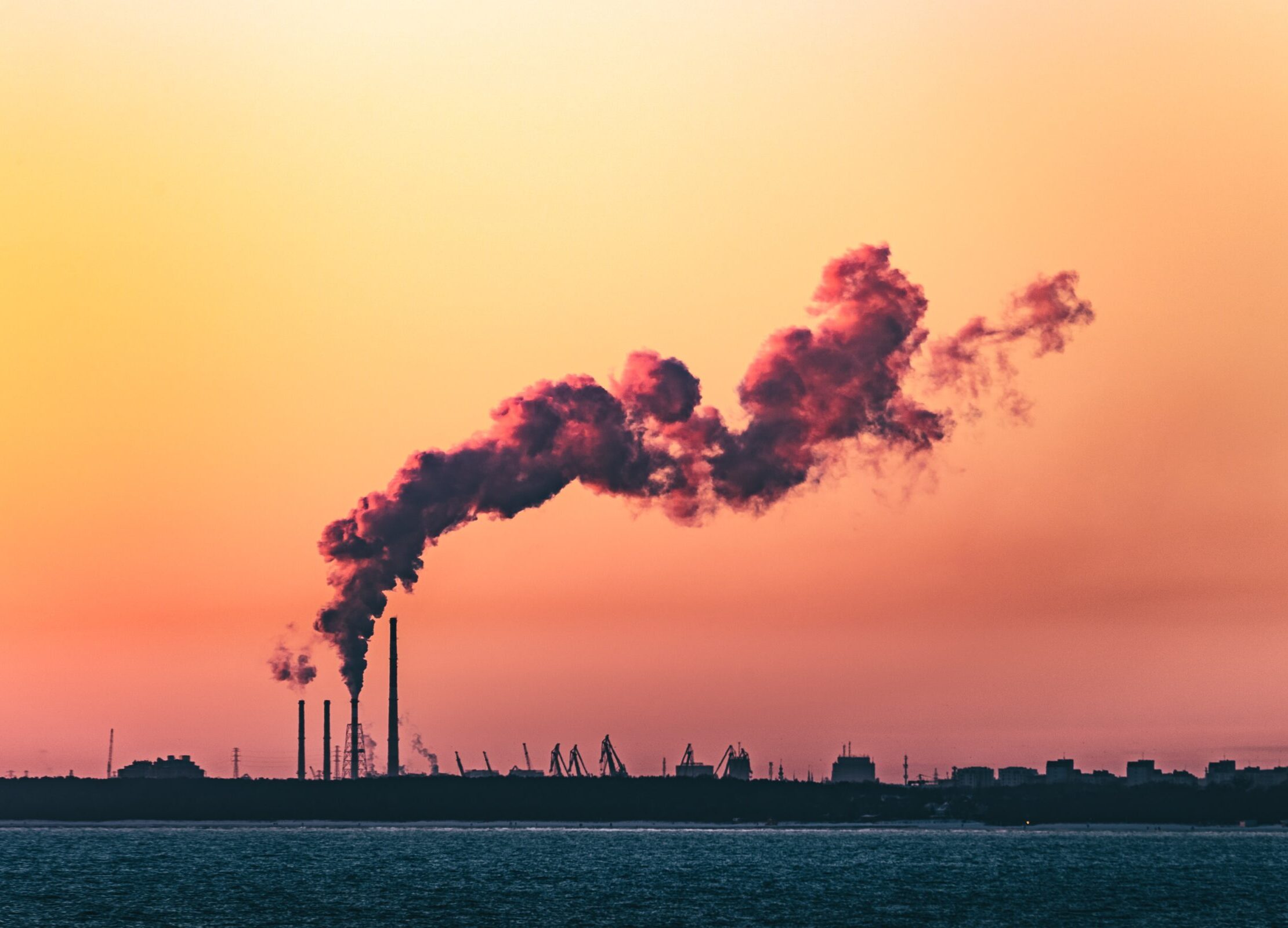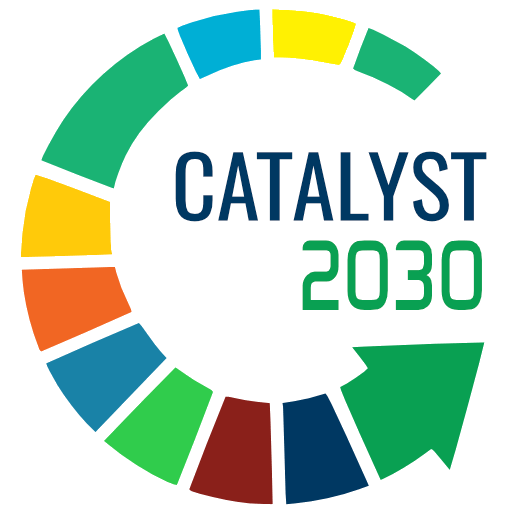
November is coming, and with it the long-awaited Black Friday. The term (and practice) originated in the United States and was soon exported to other countries, including Brazil, as yet another promotional activity carried out by shopkeepers to boost consumption and the sale of goods, especially with the arrival of the end of the year. And as tempting as the low prices are, have you ever stopped to think about the cost to the environment?
Online shopping seems harmless – and it’s even more tempting when it comes with the much-loved “free” shipping. But let’s think about it for a moment: does no one pay for this bill? What does this imply for our planet, for example, in the amount of carbon that is released in the tools used to extract the raw material, in the machines used to make our product, and in all the transportation during and after manufacturing?
So let’s understand a little more about overconsumption and how we can do our part by consuming more consciously.
The evils of overconsumption
For Deutsche Welle (DW) Brazil, the German international broadcaster, overconsumption has a huge environmental impact, not only in terms of pollution and the depletion of natural resources to create what we buy but also in terms of the carbon released in transportation. The transportation sector currently accounts for up to 4% of global greenhouse gas (GHG) emissions. Emissions from the global maritime industry alone could increase by up to 17% by 2050.
We recently talked here about offsetting the carbon footprint, and we continue to be mindful at our Raízes Environment Committee, which is committed to ensuring that our processes are improved and have less impact on the environment. A lot needs to be done individually and collectively, so we invite you to reflect: thinking about it is already a good first step.
It’s always good to remember that the problem isn’t buying something you really need, that you’ve dreamed of and worked so hard to get, but the opposite. Many of these promotions lead us to buy certain things that we don’t need, but which end up seducing us because of the “low prices”. The biggest issue stems from society’s habits of unbridled consumerism and the generation of waste from this reckless consumption, which doesn’t see the possibility of the end of natural resources.
According to the BBC, “the success of Black Friday is a symbol of the success of consumerism as a way of life in today’s society, where we consume, replace and discard at an ever-increasing rate and are therefore unsustainable for our environment”.
Have you ever heard of programmed obsolescence? This term is used to talk about goods that are designed in advance to last a short time and thus be quickly discarded. This causes consumers to buy a new product more quickly than they really need it, increasing not only consumption but also the demand for natural resources and the production of waste, further increasing the environmental problems caused by this process.
This vicious cycle means that we are exploiting renewable resources faster than the planet can renew them, as well as depleting non-renewable resources once and for all.
So what should we do to consume responsibly?
Investing in responsible consumption is the key, whether it’s household appliances that make everyday life more practical, a variety of foods with creative, useful, and reusable packaging, or a comfortable, low-carbon car. Give priority to consumption by small local entrepreneurs, use durable and/or recyclable products, dispose of your solid waste correctly, and always keep an eye on your CO2 offset.
According to MeuResíduo, a waste management company focused on data governance and ESG indicators, “in order to avoid a collapse of natural resources, we need to evaluate and rethink our consumption habits at a personal and business level, as well as adopting a responsible attitude, so that we can live in accordance with the ecological capacity of the planet”.
Here at Raizes, we believe that if we want to keep moving forward as humanity, we must contribute not only to conservation and preservation but also to the restoration of natural wealth.
As well as being a B Corp, Raizes supports initiatives by small entrepreneurs and businesses that favor the sustainability of socio-biodiversity. Take the opportunity to visit our Showcase section to find out more about those who have already been here.


